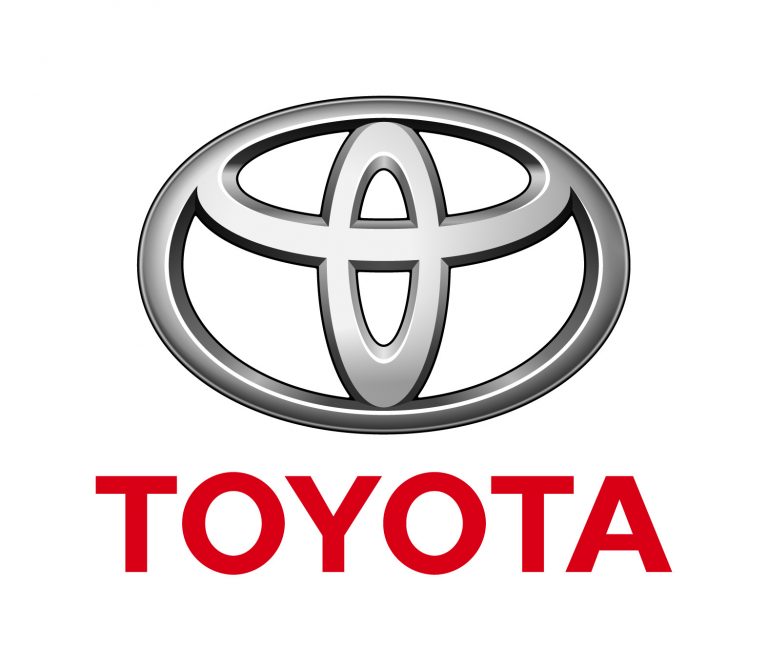Toyota Considers Hydrogen-Based Mobility Partnership Between Railways and Automobiles
Toyota Motor Corporation (Toyota) and the East Japan Railway Company (JR East) have signed a basic agreement for a comprehensive business partnership, centred on a hydrogen based mobility partnership between railways and automobiles. The partnership is aimed at helping realise sustainable, low-carbon societies in the face of global warming and energy diversification.
The agreement is rooted in Toyota and JR East’s desire to link railways and automobiles (two key means of land transport), fuse management resources and accelerate the shift towards a low-carbon society by promoting initiatives that make use of hydrogen.
Toyota has developed fuel cell electric vehicles and buses (FCEVs and FC buses) that use Toyota-developed fuel cell technologies and also has experience in supporting the establishment of a hydrogen supply infrastructure, including hydrogen refuelling stations. JR East possesses technologies, know-how and management resources related both to the railway business and the development of stations and station surroundings.
The two companies wish to combine their respective strengths and are engaged in discussions centred on a wide range of fields surrounding hydrogen use. These include: establishing hydrogen stations on land owned by JR East; introducing FCEVs and FC buses for local transport; and applying FC technologies in railway carriages.
Toyota and JR East are also keen to ensure any tie-up between the two companies will lead to initiatives that are fully integrated into local communities. To this end, the two companies intend to request the co-operation of local governments, businesses, residents and other stakeholders. In this way, they aim to build a hydrogen supply chain that contributes to both regional growth and development.
Points of consideration towards a hydrogen-based business partnership
Future goals
- Work together with local governments, businesses, residents and other stakeholders
- Establish a hydrogen supply chain based at railway stations
- Contribute to regional development through low-carbon initiatives
Concrete initiatives
- Establish and expand the number of hydrogen stations, promote widespread use of hydrogen energy
- Establish hydrogen stations as part of JR East’s Shinagawa Development Project
- Introduce FCEVs and FC Buses into regional transport networks that are connected to railways
- Use land owned by JR East to support the establishment and expansion of hydrogen stations in east Japan
- Introduce FC technologies into railway carriages
- Carry out technological research into the safety of moving bodies loaded with large volumes of hydrogen
- Resolve various issues to develop and introduce FC technologies in railway carriages
ENDS


